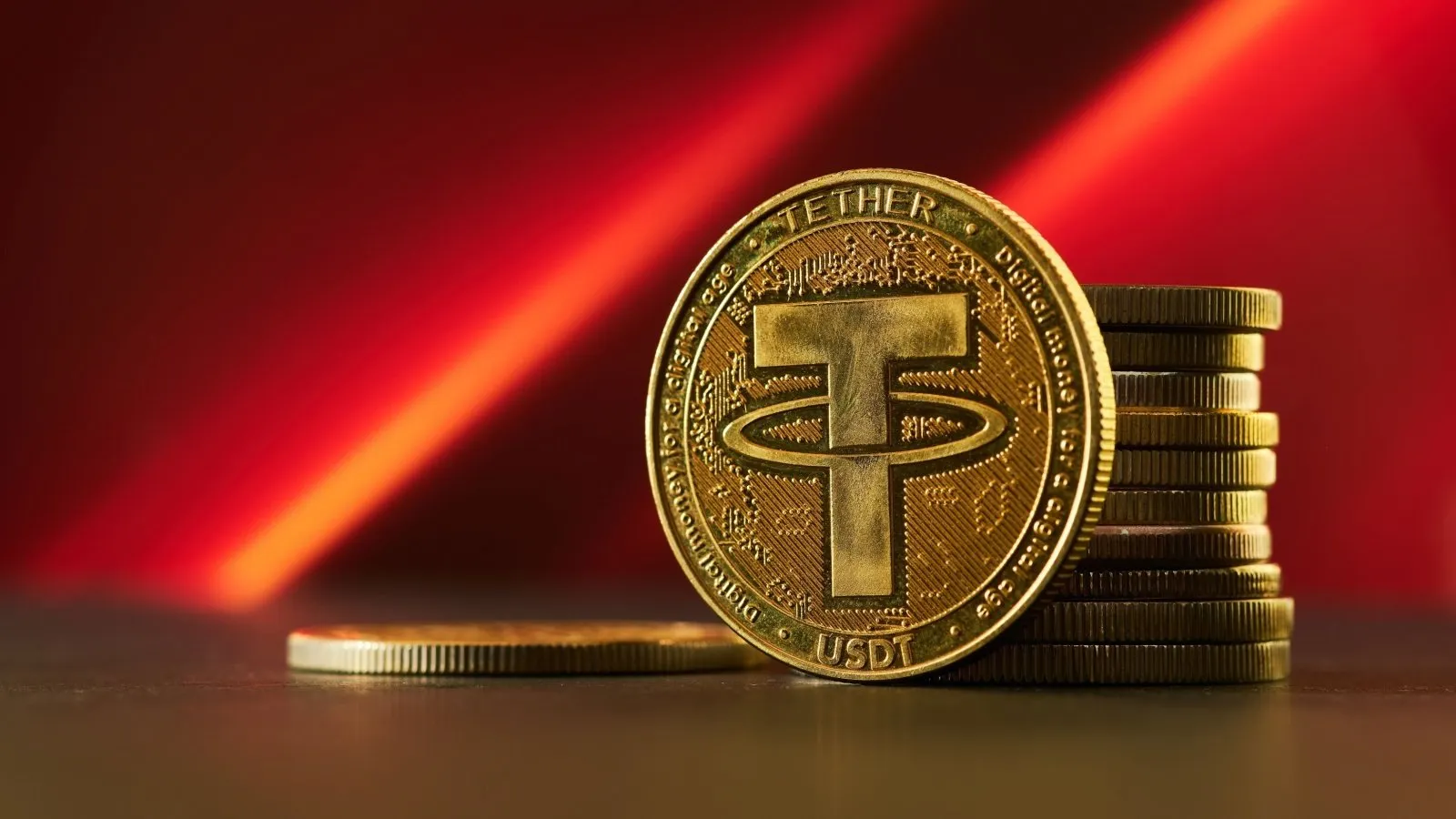Binance, the biggest centralized crypto exchange in the world, will delist nine stablecoins for those in the European Economic Area (EEA), including coins issued by Tether, as they are not compliant with the EU’s Markets in Crypto Assets (MiCA) regulations.
Starting March 31, the assets affected will be USDT, FDUSD, TUSD, USDP, DAI, AEUR, UST, USTC and PAXG, the crypto exchange said in an announcment. Binance will continue to allow anyone to withdraw or deposit these coins but encourages EEA users to convert any non-MiCA compliant stablecoins, as some features will be restricted for those tokens.
Stablecoins are cryptocurrencies that attempt to remain pegged to an asset’s price, which can include fiat currencies like the dollar, as well as other assets like gold or silver. Often, this is done by holding a reserve of the asset in which the token is pegged to.
MiCA was hailed as the most significant crypto-specific regulation when it first went into law in 2023, as it looked to provide regulatory clarity for digital assets to users in the European Economic Area—the 27 member states of the European Union plus Iceland, Liechtenstein, and Norway.
“Since the MiCA came into force fully from 2025, only MiCA licensed issuers can issue stablecoins to the residents in the EEA,” Niko Demchuk, a lawyer at compliance firm AMLBot, told Decrypt. “There are companies that have been already licensed and authorised to issue stablecoins in the EEA. For example, Circle is authorised to issue EURC and USDC.”
This explains why Circle-issued coins like USDC—the second largest stablecoin by market cap, according to CoinGecko—were not delisted by Binance. For this reason, other centralized exchanges have delisted non-compliant stablecoins, such as Coinbase Europe, which delisted Tether back in December.
“They will need to open a company in the EEA and apply for a MiCA license as stablecoin issuers. It's a pretty straightforward process with all requirements listed in the MiCA,” Demchuk explained.
Tether did not immediately respond to Decrypt’s request for comment regarding MiCA compliance.
Tether appoints new CFO
The news comes the same day that Tether appointed a new Chief Financial Officer, Simon McWilliams, in what the company called a "historic step" towards its first full financial audit.
At the start of the year, Tether relocated all of its subsidiaries to El Salvador, a country that made Bitcoin legal tender in 2021. This move, the company claimed, was undertaken to align itself with a country that shared its vision for “financial freedom, innovation, and resilience” but also cited its “favorable regulatory environment.”
Tether has attracted controversy in the past, with regulators, lawmakers and consumer protection groups arguing that the firm isn’t transparent enough about how it backs its stablecoin reserves.
In 2021, the firm paid $18.5 million in fines and was required to stop all trading activity in the state of New York, as part of a settlement with the NYAG. That same year, it was hit by a $41 million fine by the Commodity Futures Trading Commission over “untrue or misleading statements” relating to its reserves.
For its part, Tether points to its quarterly attestations and transparency reports to demonstrate its compliance, and has indicated it is open to being audited by one of the "Big Four" accounting firms—Deloitte, PwC, EY and KPMG.

